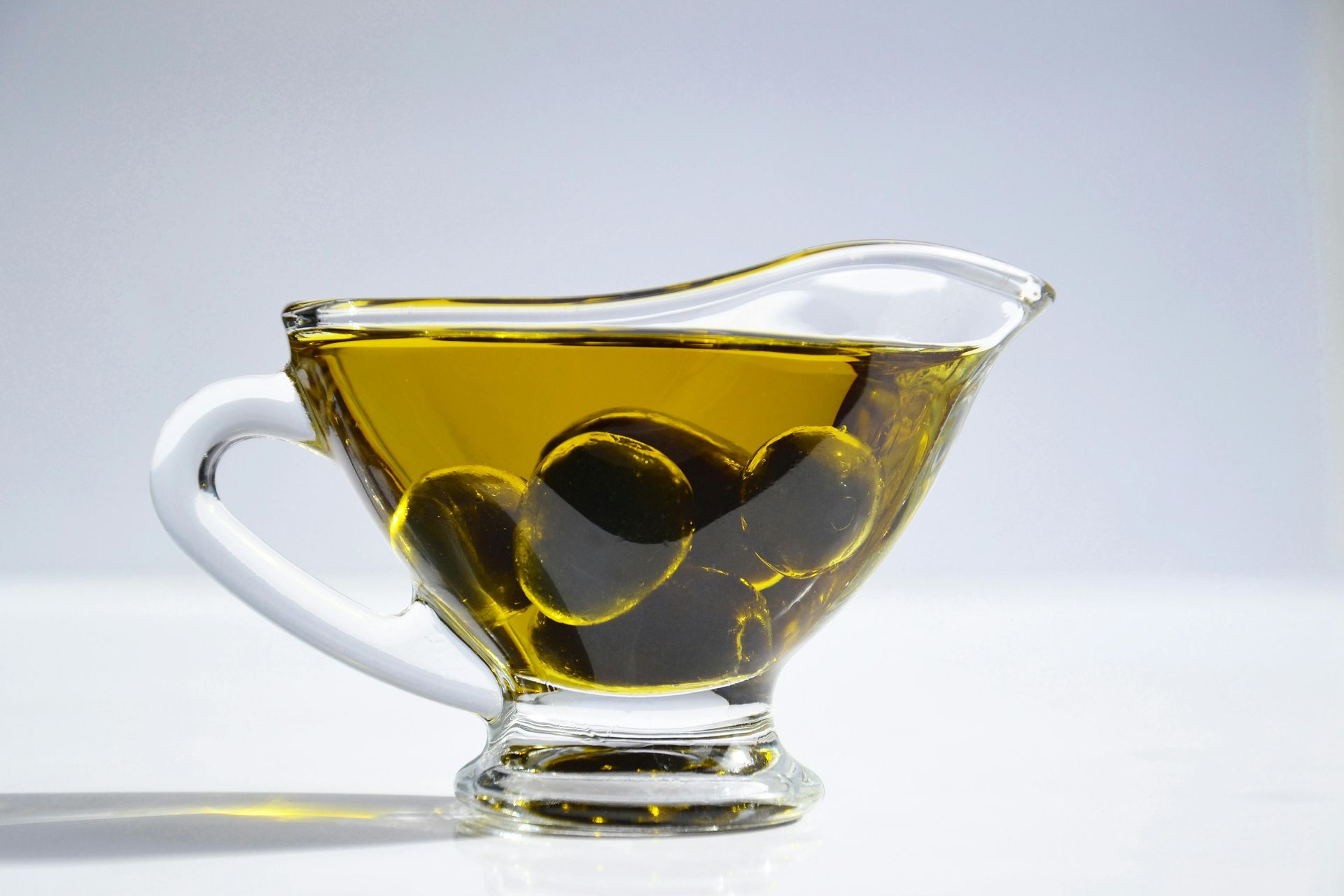Nourish to Flourish: Harnessing the Power of Nutrition for a High-Performance Life
Lisa Valech_February 2025
Fat Chance! Understanding the Fats in Your Diet

Fats are necessary for your health.
- Fats also known as lipids; organic molecules made up of carbon & hydrogen elements
- They store and help use the fat-soluble vitamins A, D, E, and K
- They maintain the function and integrity of cellular membranes
- They provide a concentrated source of energy
- They provide insulation
- They make meals more palatable and filling, reducing the urge to overeat
- The type of fat consumed affects the body’s fatty acid composition
The Good:
- Monounsaturated fats (found in foods like avocados, nuts, and olive oil) can help lower bad cholesterol and promote heart health.
- Polyunsaturated fats (found in foods like fatty fish, flaxseeds, and chia seeds) also have heart-healthy benefits and include essential omega-3 and omega-6 fatty acids.
The Bad:
- Saturated fats (found in foods like fatty meats, butter, and full-fat dairy) can increase bad cholesterol and the risk of heart disease if consumed in excess.
- Trans fats (found in processed foods and some margarines) are the worst for your health and should be avoided whenever possible, as they can increase bad cholesterol and decrease good cholesterol.
What the Omega!
- Omega-6 fatty acids are essential for health, but excessive intake can lead to an imbalance with omega-3 fatty acids.
- High omega-6 intake can cause increased inflammation, impaired brain function, and weight gain.
- Vegetable oils like sunflower, soybean, corn, safflower, and cottonseed are high in omega-6 fatty acids.
- Processed snacks, fried foods, and processed meats are also high in omega-6 fatty acids.
- Consuming a balanced diet that includes both omega-6 and omega-3 fatty acids can help maintain good health.
- Consider increasing omega-3 intake through foods like fatty fish, flaxseeds, chia seeds, and walnuts.
Share
Tweet
Share
Mail
a b c d e f g h i j k l m n o - Do not remove from template!!! it is important to support different fonts

925.864.5138
lvalech@yahoo.com
Mesa, AZ


